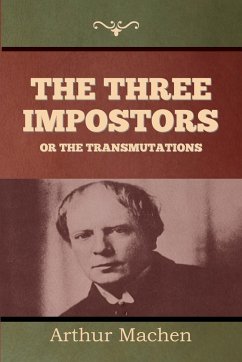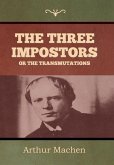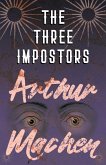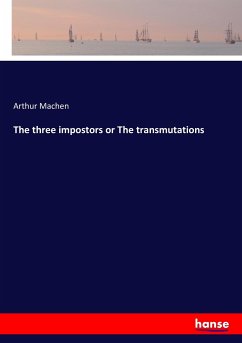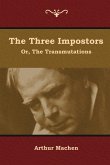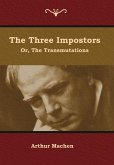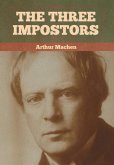The Three Impostors is an episodic novel by British horror fiction writer Arthur Machen, first published in 1895 in the Bodley Head's Keynote Series. Controversy: Publisher John Lane, wary of the atmosphere following the trial of Oscar Wilde, asked Machen to censor his manuscript. Barring the omission of one word, Machen refused to do this. In Things Near and Far Machen wrote: It was in the early spring of 1894 that I set about the writing of the said "Three Impostors," a book which testifies to the vast respect I entertained for the fantastic, "New Arabian Nights" manner of R. L. Stevenson, to those curious researches in the byways of London which I have described already, and also, I hope, to a certain originality of experiment in the tale of terror. The novel incorporates several inset weird tales and culminates in a final denouement of deadly horror, connected with a secret society devoted to debauched pagan rites. The three imposters of the title are members of this society who weave a web of deception in the streets of London-retailing the aforementioned weird tales in the process-as they search for a missing Roman coin commemorating an infamous orgy by the Emperor Tiberius and close in on their prey: "the young man with spectacles". (wikipedia.org)

